
Browse our fun-packed, helpful plant-based articles, and delve deeper into this healthy, sustainable lifestyle!


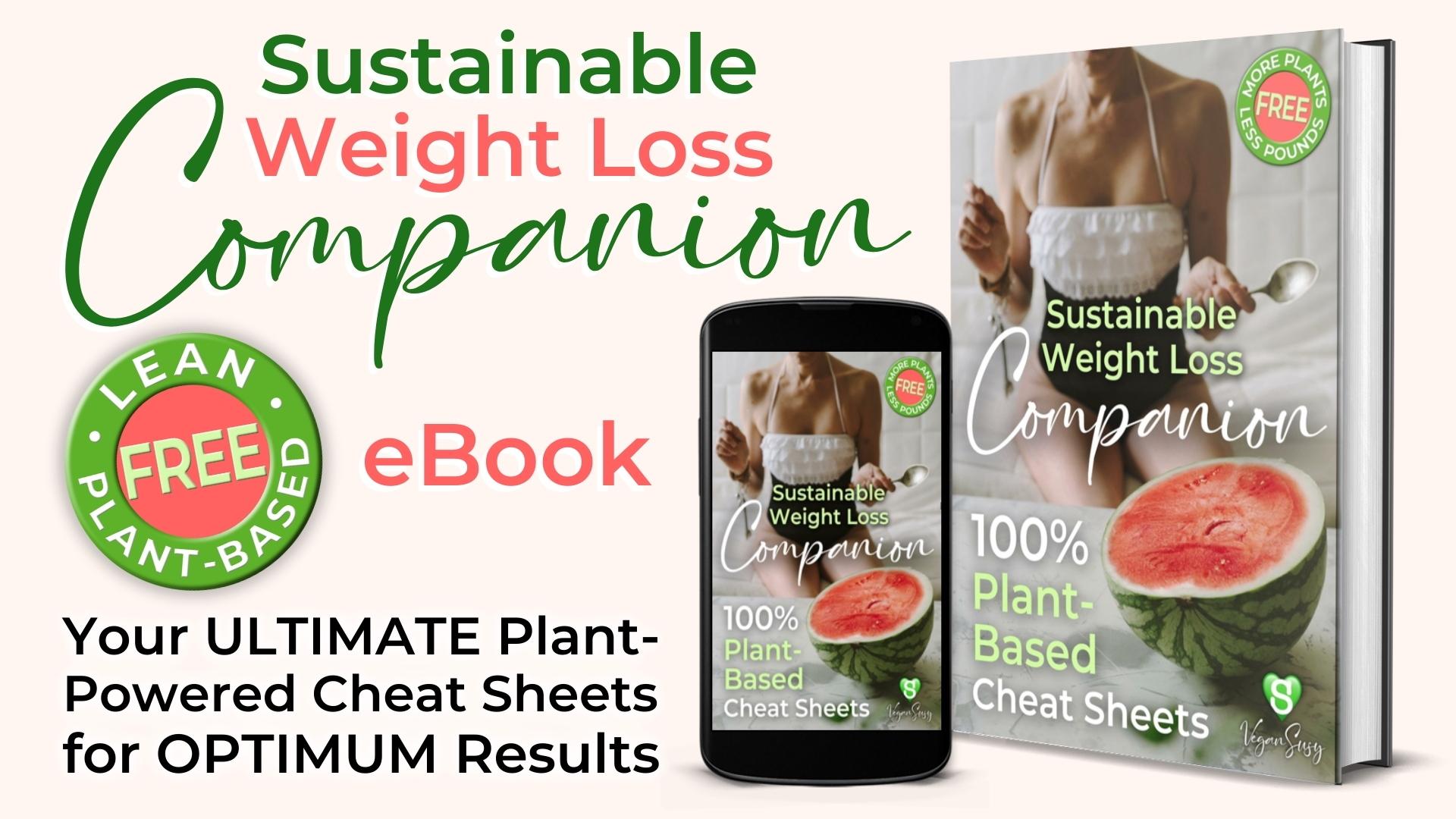
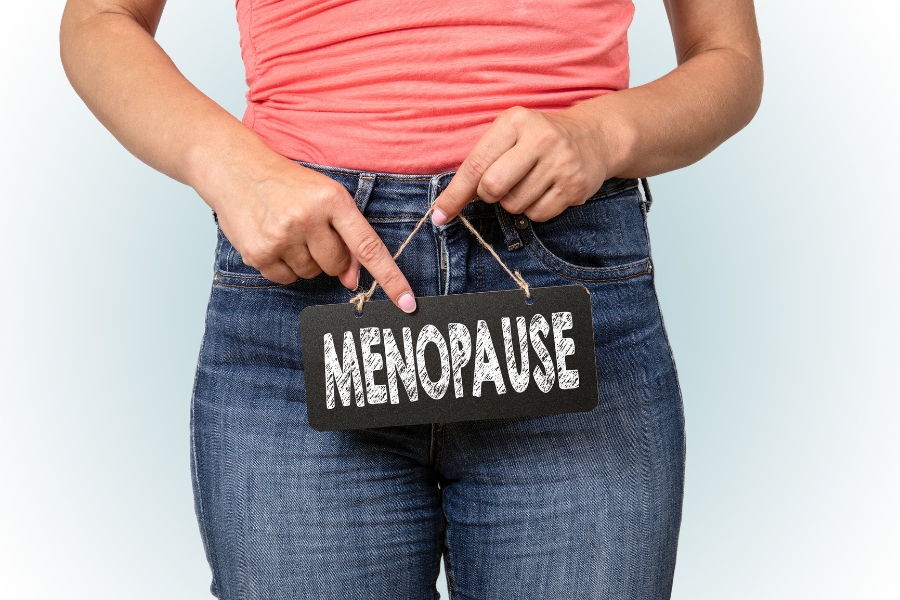
The Impact of a Vegan Diet on Hormonal Changes during Menopause
Plant-Based Lifestyle Tips For Women
Author: Plant-Based Susy
Vegan diets can be great for people of all ages, but women over 40 should consider taking the leap. A plant-based diet can reduce hot flashes, aid in weight loss, and improve overall health. This increase in a person's well-being, be that physical or psychological, can have a positive effect in lessening menopausal symptoms.
It's clear there's a connection between the vegan diet and surviving perimenopause and menopause with less discomfort and pain. Switching up your lifestyle and making dietary changes is way less invasive than other symptom management options. If changing up the foods on your plate makes this much of a difference, why not give it a try?
Menopause is a tough time in a woman's life, with many discomforts and pains. Adopting a new lifestyle comes with a learning curve, but it's worth it to reap the benefits. Let's take a deeper look at the impact of a vegan diet on hormonal changes during menopause.
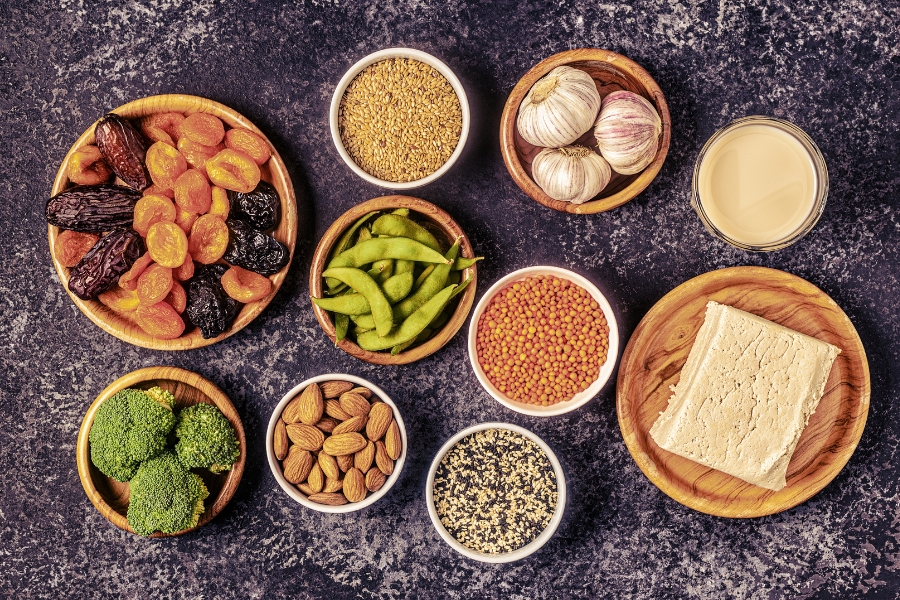
Table of Contents:
What is menopause?
When a woman's menstrual cycle stops, she has reached the point in life called menopause. This stage of life means they are no longer able to have children. The term menopause is also often used to refer to the process as a whole when the hormone levels change, and other symptoms occur. For a woman to have hit menopause, this means that periods have stopped for a full continuous year.
Perimenopause is the transition to menopause. During this time, the supply of eggs lessens, and ovulation is no longer regular. The body produces less estrogen and progesterone. The change in estrogen levels causes the many menopausal symptoms that women find uncomfortable.
Menopause typically hits women once they've turned 50, but there is quite a range. Some women begin to head toward menopause in their 30s, and many in their 40s. Sometimes, it doesn't hit until way after a woman turns 50. It all depends on the woman in question. Some factors that lead to early menopause are being severely underweight and smoking. Overweight women often hit menopause later.
Some women experience menopause early due to other factors. Surgical menopause happens when one or both ovaries are removed. This will lead to menopause hitting quickly. The symptoms these women face tend to be extra strong and uncomfortable. Premature menopause can happen when the ovaries fail before 40. This can occur due to other surgeries, chemotherapy, smoking, or even radiation exposure.

What are the symptoms of menopause, and how do hormone levels change?
Most women will experience symptoms of menopause as they age. Many women experience early symptoms when they still have periods as they shift into menopause. Symptoms can hit at the beginning of menopause or after a few years have passed. These uncomfortable symptoms can last for short periods or years.
Typically, you'll know menopause begins after the pattern of your menstrual periods changes. Other symptoms tend to follow shortly after. Every woman will experience menopause differently, but it's rare for someone to sail through menopause without coming across at least one.
Many women find themselves unprepared for menopause. It’s not talked about as much as it should be, and many older women try to hide their symptoms so the younger generations don’t quite know what to expect. Understanding how hormone levels are changing in your body and the many symptoms of menopause will help you navigate the newness and prepare you to treat them properly.
Hormonal changes
The biggest thing your body goes through during menopause is hormone changes. While this isn't a symptom but rather something that leads to the many uncomfortable parts of menopause, it's important to discuss.
During menopause, the body begins to produce less oestrogen (estrogen) and progesterone. This is a normal part of ageing but can lead to discomfort. Low oestrogen levels can cause many symptoms, including painful sex, lower sexual desire, and hot flashes. Low oestrogen can lead to dry skin, tender breasts, weak bones, low concentration, moodiness, irritability, vaginal dryness, night sweats, weight gain, headaches, and fatigue.
Progesterone is balanced by oestrogen and supports many functions, including thickening the uterus lining, regulating menstrual cycles, supporting pregnancy, improving mood, and supporting thyroid function. Symptoms caused by low progesterone include weight gain, poor sleep, mood changes, and headaches.

Hot flashes
Hot flashes are one of the most common and talked about symptoms of menopause. According to John Hopkins, 75% of women experience sudden moments of body temperature rise. Sometimes, they're brief, and other times, they linger. Thankfully, for the large majority of women, these only last for a couple of years or less. However, some women will experience hot flashes for a more extended period.
When people talk about hot flashes, they typically mention an increase in the skin's temperature, but other things happen, too. Hot flashes can cause an increase in heart rate and sweating as the body tries to lower the temperature. Some people experience heart palpitations and dizziness. They sometimes occur at night, which is called night sweats.
Cardiac effects
Menopause can cause cardiac effects, including dizziness, numbness, prickling, tingling, and increased sensitivity. Women may experience an increase in cardiac palpitations and a fast heart rhythm, which can be scary.
Heart disease risk increases as we get older. Menopause won’t cause heart disease to occur, but the time in life when women begin to navigate this new path aligns with the natural increase caused by age. Heart disease is the leading cause of death in women, and it’s essential to take it seriously. Expecting cardiac issues will help you treat your body in a way that supports heart health.
Mental health
Women often experience mood changes during menopause. These can pop up in small ways or present as more severe. Anxiety, depression, irritability, brain fog, and low interest often come about with menopause. Part of this is because it's a confusing time in a woman's life. We don't always know what to expect, and symptoms vary daily. Beyond this, some more significant changes, including vasomotor symptoms and poor sleep from night sweats, lead to these feelings.
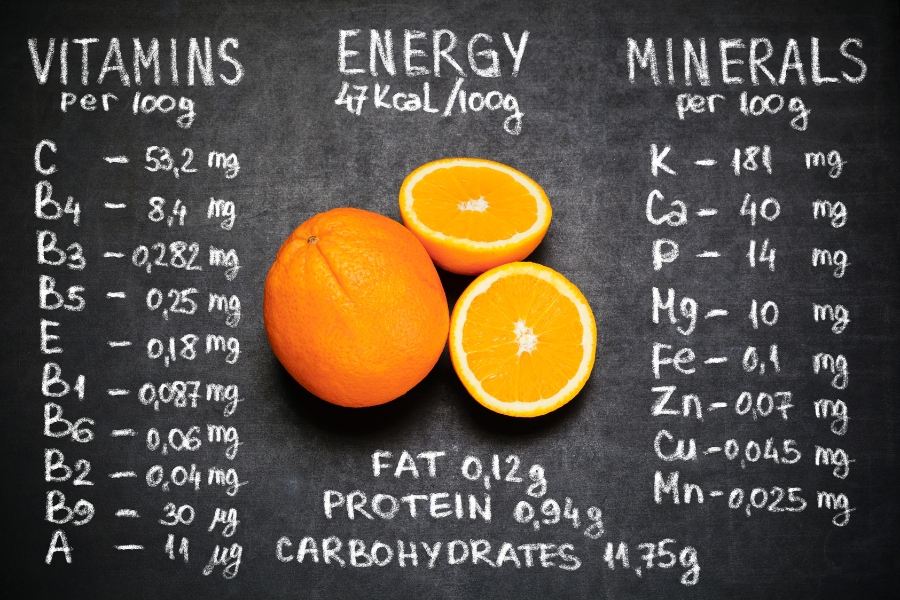
Essential nutrients for menopause symptoms and hormonal changes
Menopause can cause weight gain and slow metabolism. It can also increase the risk of cardiovascular diseases and osteoporosis. Changing your diet by cutting out certain foods and loading up on other nutrients can make a big difference in these symptoms.
As Healthline states, "Researchers found that a low-fat, plant-based diet rich in soy products was as effective as hormone replacement therapy for reducing hot flashes." Focusing on consuming high-quality, nutritionally dense foods can help prevent and lessen specific menopausal symptoms.
There are quite a few essential nutrients for menopause. Women going through menopause may be deficient in a range of nutrients, including:
B12
Omega-3 fatty acids
Magnesium
Calcium
Iron
Protein
Fibre
Probiotics
Vitamin A
Vitamin D
Vitamin K
Vitamin C
Let's examine some of the essential nutrients for menopause and how dietary changes can be a first-line treatment for symptoms. The vegan diet and menopause are best friends for a reason!
Calcium and menopause
According to John Hopkins, people should consume 1,000 mg of calcium each day before menopause, but after menopause, this should be increased to 1,200 mg. Too much calcium can lead to kidney stones, abdominal pain, and constipation, so don't overdo it. Calcium is an essential nutrient for bone and teeth health and vital in building and maintaining strength. Because of its role in the body, calcium also helps to maintain healthy muscles, nerves, and the heart.
When it comes to menopause, bone loss accelerates, and adding more calcium can be very beneficial for your health. Calcium reduces the risk of osteoporosis and other density issues.
Plant-based sources of calcium include:
Firm tofu
Almonds
Brazil nuts
Broccoli
Dark green leafy vegetables
Vitamin D and menopause
Vitamin D is essential for calcium absorption and bone health, but many women are low in this nutrient. Too much vitamin D can cause kidney stones, abdominal pain, and constipation, so it's important to get enough but not overdo it.
Vitamin D is an essential nutrient for everyone, but it is especially important during perimenopause and postmenopause. It's pretty easy to get vitamin D by basking in the sunshine, but that isn't always possible. There are many vegan-friendly vitamin D supplements available in-store and online. 400 IU is typically a good place to start. Adding some fortified options to your meals can also be a good idea.
Plant-based sources of Vitamin D include:
Mushrooms
Fortified plant milks
Fortified orange juice
Fortified cereals
B vitamins and menopause
B vitamins include eight different vitamins: vitamin B1 (thiamin), vitamin B2 (riboflavin), vitamin B3 (niacin), vitamin B5 (pantothenic acid), vitamin B6 (pyridoxine), vitamin B7 (biotin), vitamin B9 (folate), and vitamin B12 (cobalamin).
These vitamins are essential in keeping the body healthy and running at its best. B vitamins help regulate blood sugar, support heart health, protect against cognitive decline, improve mood, and balance hormones. They also help the body convert food into energy and support nerve function. They assist in athletic performance and keep the skin, hair, and nails healthy.
Sometimes, it's best to get B vitamins through a supplement. This nutrient tends to be more challenging for vegans to acquire, and while it can be done through food, many choose to take a supplement to avoid the risk of missing out on this beneficial nutrient.
Plant-based sources of B vitamins include:
Vitamin B1: peas, lentils, sunflower seeds, and beans
Vitamin B2: tofu, mushrooms, almonds, spinach, and avocado
Vitamin B3: brown rice, seeds, legumes, nuts, and bananas
Vitamin B5: mushrooms, avocado, seeds, nuts, potatoes, brown rice, oats, and broccoli
Vitamin B6: bananas, papayas, dark leafy greens, chickpeas, oranges, and cantaloupe
Vitamin B7: nuts, seeds, avocado, and sweet potatoes
Vitamin B9: dark leafy greens, peanuts, sunflower seeds, oranges, and beans
Vitamin B12: fortified cereals, enriched plant-based milk, and nutritional yeast
Vitamin E and menopause
Once a woman has started to ease into menopause or postmenopause, they become more prone to heart disease. Vitamin E is an essential part of heart health. This nutrient also supports immune function and coordination. Beyond that, getting enough vitamin E helps to ease stress and reduces the risk of depression.
Plant-based sources of Vitamin E include:
Plant-based oils
Sunflower seeds
Almonds
Peanuts
Collard greens
Wheat germ
Spinach
Pumpkin
Asparagus
Red bell pepper
Mangoes
Avocados
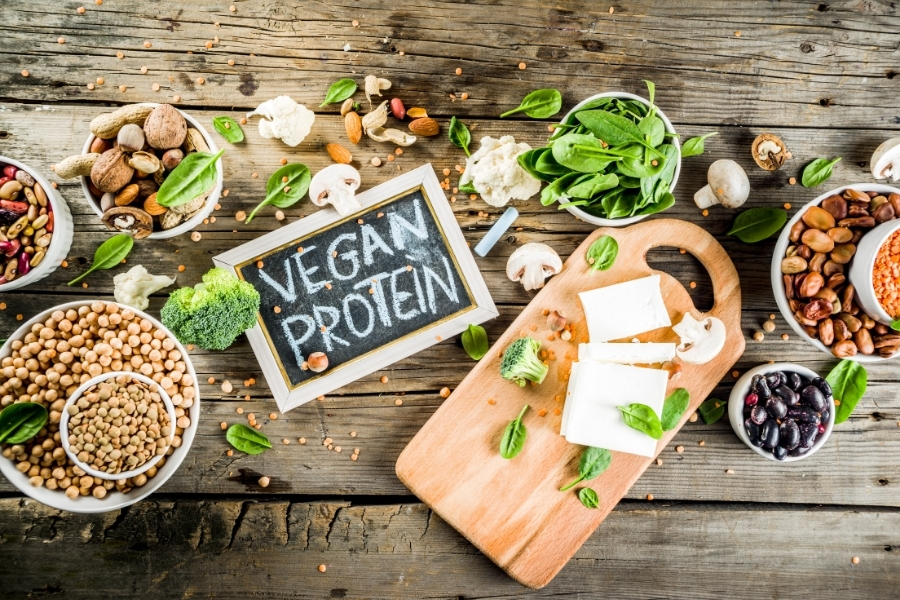
Protein and menopause
Women going through menopause need more protein than before hitting this point in life. The decline of oestrogen is linked to decreased muscle mass and bone strength. Postmenopausal women are at an increased risk of sarcopenia, which is a loss of skeletal muscle.
Osteoporosis risk increases during this time as well. With the increased risk of skeletal muscle and bone loss, protein (and strength training) becomes even more essential than it was before.
Diets high in protein help stabilise blood sugar and regulate energy levels. These benefits are useful for managing the many symptoms associated with perimenopause and menopause. The recommended amount of protein is 1 to 2 grams per kilogram of body weight.
Plant-based sources of protein include:
Quinoa
Lentils
Peas
Beans
Nutritional yeast
Nuts
Seeds
Tofu
Peanut butter
Broccoli
Oats
Seitan
Tempeh
Spinach
Veggie patties
Soya milk
Edamame
Chickpeas
Mushrooms
Plant-based protein powder
Using a vegan diet to improve symptoms from hormone changes is an excellent tool
While some women find success in managing menopause symptoms through a range of therapies, some want a more natural approach. Helpful therapies include hormone therapy, which involves taking a hormonal pill with a combination of oestrogen (estrogen) and progesterone. This also comes in creams and patches. Oestrogen therapy is a similar concept, but a person only takes oestrogen.
Some people find success with a medicated approach that is non-hormonal, while others lean into herbal treatments. Instead of going down these roads, many people turn to a vegan diet to improve hormones. It's no secret that there's a significant connection between a vegan diet and menopausal hormone changes. Some nutrients for menopause can drastically improve symptoms.
Using a vegan diet to improve hormones is a common practice because it doesn't require taking a pill every day or applying a cream that you have to get from a doctor and may not even work. Plant-based diets have been used for quite a long time to nurture the body during life's many challenges.
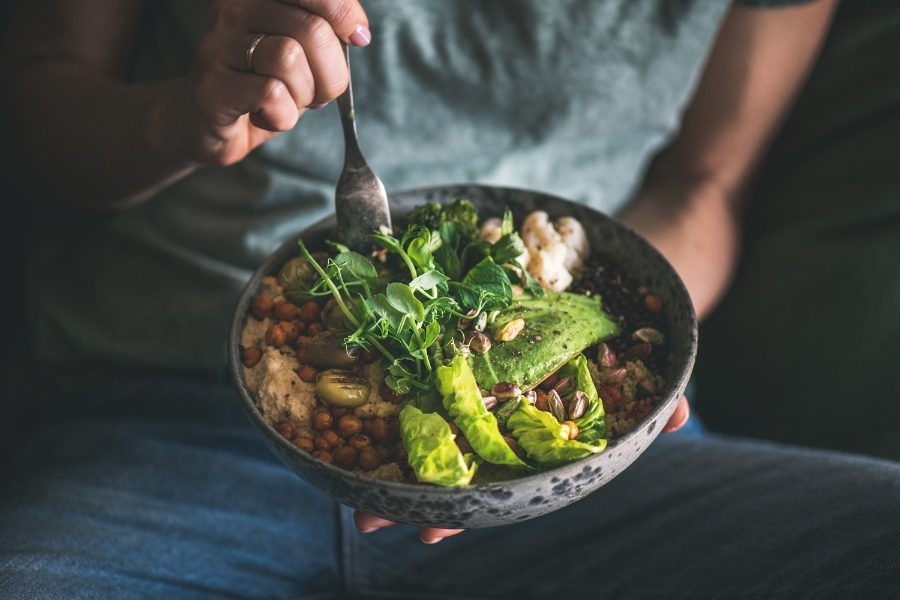
The bottom line
There are things you can do to help ease the transition into menopause. Staying physically active, getting plenty of sleep, and trying to keep your stress levels low are all beneficial. One of the biggest things you can do for your overall health and well-being, especially as menopause approaches and ultimately hits, is to follow a plant-based diet.
Vegan diet and menopause go hand in hand. It's essential to avoid processed foods whenever possible and reach for nutritionally dense options instead. You want to consume plenty of fruits, vegetables, healthy fats, whole grains, nuts, and seeds. It's vital to pay attention to nutrients and be sure you're getting all of the vitamins you need.
Essential nutrients to consider when approaching menopause include Omega-3 fatty acids, Magnesium, Calcium, Iron, Protein, Fibre, Probiotics, Vitamins A, D, K, C, and B vitamins. Incorporating a variety of foods that provide these nutrients and following a vegan diet to improve hormones is a great way to get through this big life change.
Frequently Asked Questions
What is the timeline for menopause?
As women reach their late 30s, the ovaries produce less of the hormones that control periods, estrogen and progesterone. As the years pass, it becomes harder to become pregnant, and menstrual periods change. They may become heavier or lighter with a fluctuation in frequency.
After a woman hits 50, the ovaries typically reach a point where they no longer release eggs, and periods will end. Often, women hit menopause at the same age their mothers did.
What is the connection between the vegan diet and menopausal hormone changes?
Many people begin to use a vegan diet to improve hormones as they approach menopause. Following a vegan diet rich in soy products helps hormones and reduces hot flashes. Your body needs an increase in other nutrients once you hit menopause, such as calcium, to protect bone health. Those who switch to a plant-based diet tend to notice weight loss, which also helps in its way.
What are the symptoms of menopause?
Menopause comes with quite a long list of symptoms. While not every person will experience every potential symptom, they can expect to be hit with a handful. Potential menopause symptoms include chills, hot flashes, irregular periods, vaginal dryness, sleep problems, night sweats, mood changes, weight gain, loss of breast fullness, thinning hair, dry skin, and slowed metabolism.
Will a vegan diet help with mood swings during menopause?
Yes, a balanced vegan diet rich in essential nutrients can stabilize mood and reduce irritability.
Is menopause natural?
While some women experience menopause early due to factors like surgery and chemotherapy, women tend to ease into it after their late 30s. No matter when it hits, it's just a natural part of life. Women can't avoid going through menopause.
Thankfully, natural ways to help smooth out the process include following a plant-based diet and working out. These keep the body happy and healthy while lessening uncomfortable symptoms.
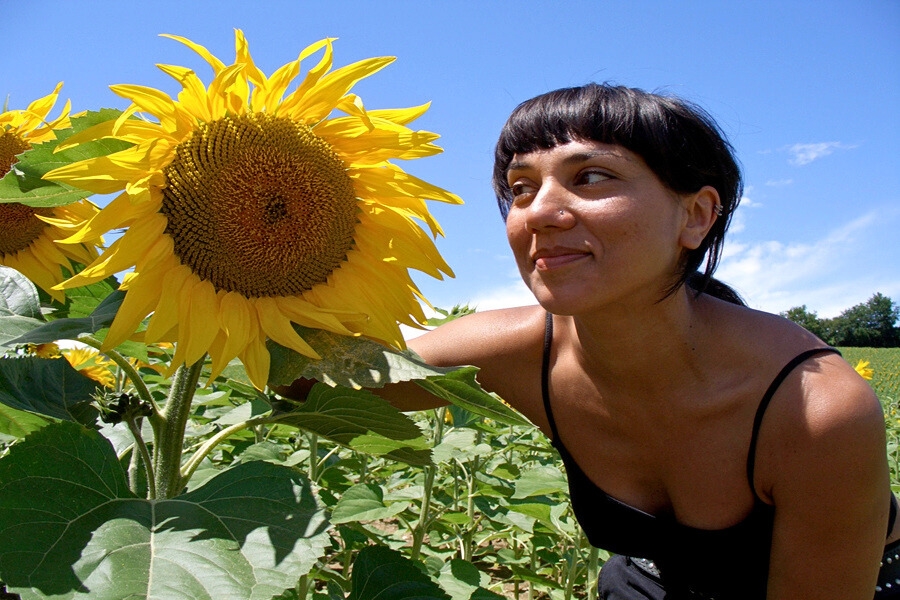
💚 "Happy Plant-Based Eating & Exercising!" 💚

Plant-Based Susy
Plant-Based Nutrition Professional & Weight Loss Coach
Empower Yourself: Embark on a Delicious Fat Loss Adventure

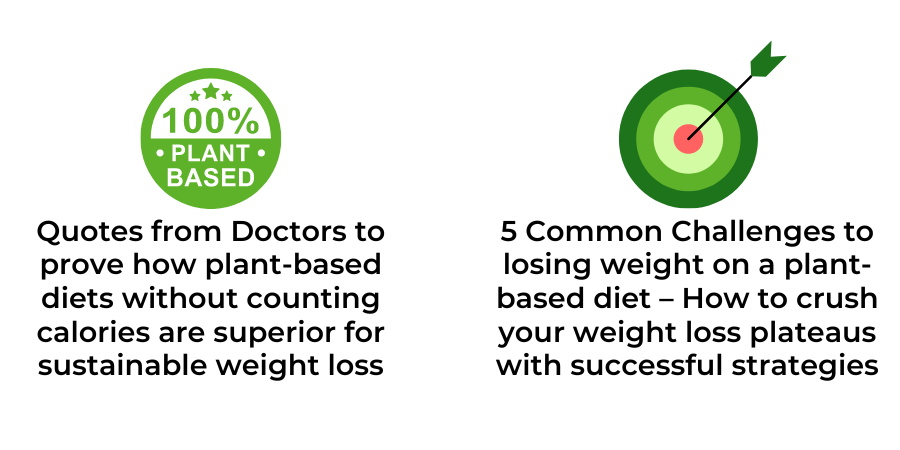
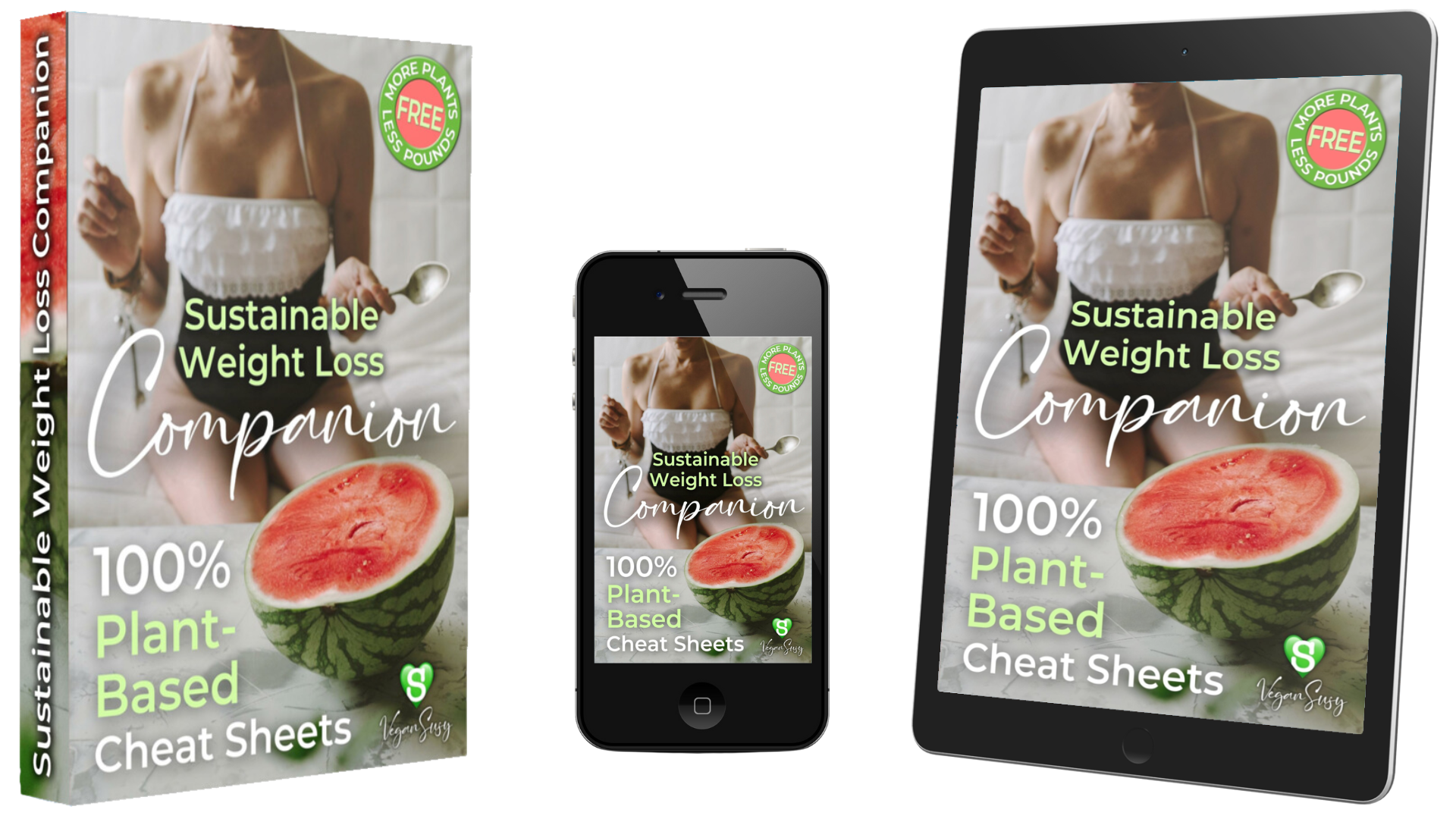
🍉 Get Ready to Jump Start Your Fitness Goals AND DISCOVER A HEALTHIER YOU!
🍉 Let's Make Your Fat Loss & Optimum Health Journey a Delicious Success Story!
🍉 Get The FREE Sustainable Weight Loss Companion eBook and CHEAT SHEETS!
More Free Resources
Unlock Your Transformation Today!
© 2025 VeganSusy Ltd. All Rights Reserved


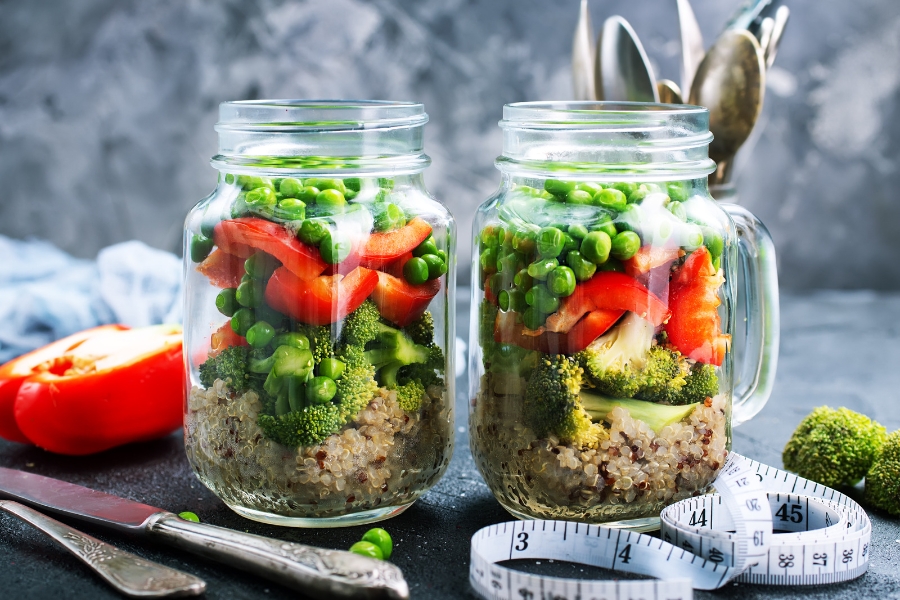
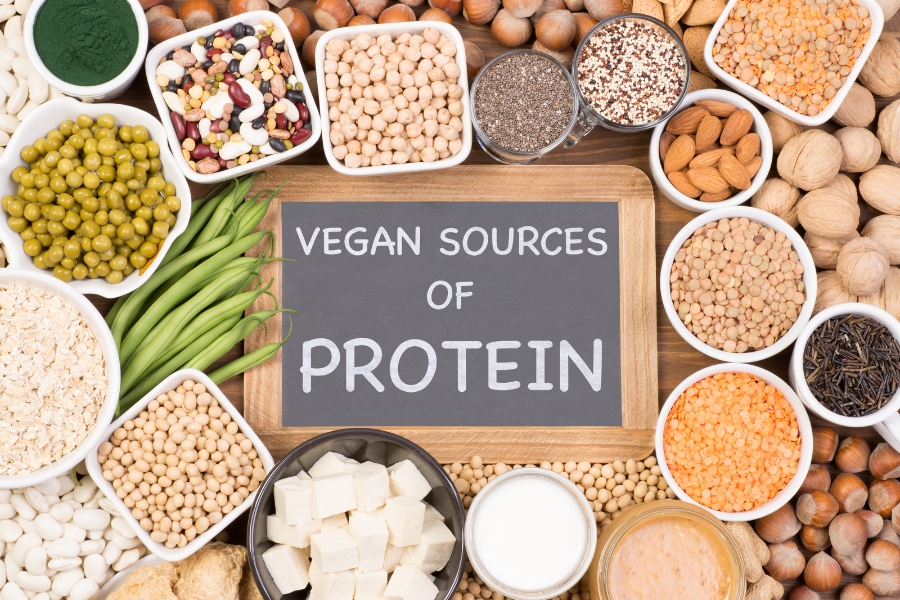

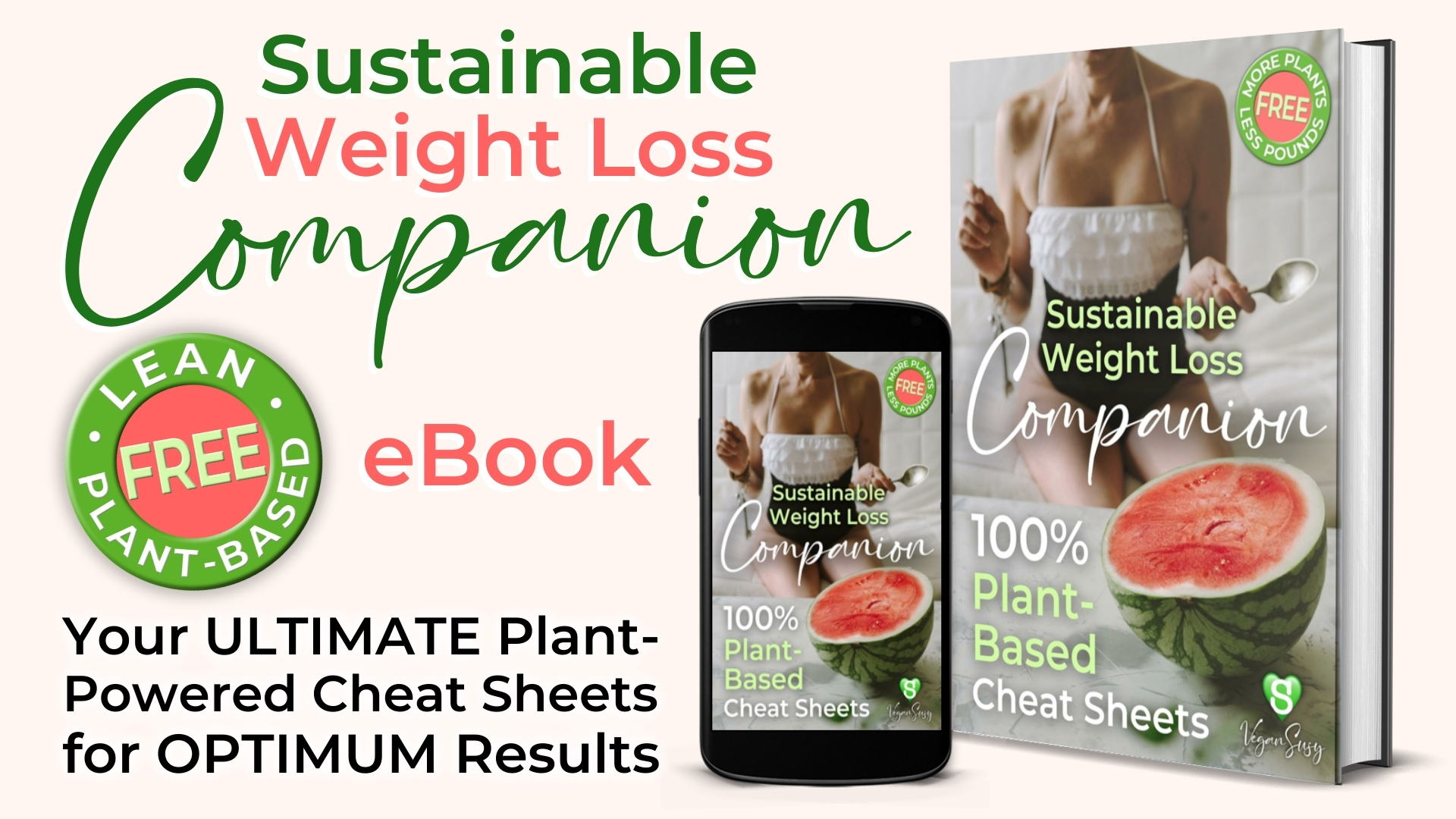





Facebook
Instagram
Youtube
Pinterest